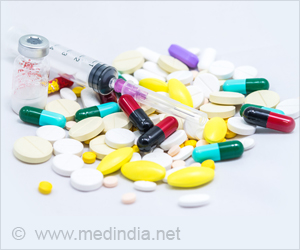.
“The fact that bacteria use quorum sensing to communicate with each other revolutionizes our understanding and enables us to provide clearer answers. Artificial sweeteners disrupt that communication, which indicates that artificial sweeteners may be problematic in the long run,” says lead researcher Dr. Golberg.
The researchers theorize that sports supplements contain enough artificial sweeteners to provide a reasonable basis for testing, given that athletes continually monitor their intakes.
After thoroughly investigating, saccharin, advantame, neotame, aspartame, sucralose, and acesulfame potassium (Ace-K), it was discovered that aspartame, sucralose, and saccharin impede bacterial transmission considerably.
All the sports supplements they looked at contained at least one of the three. They employed bioluminescent indicator bacteria, whose luminosity was lowered when bacterial communication was disturbed, to test the sweeteners.
“There is little accurate labeling of artificial sweeteners on products, which makes it difficult to know how much each product contains. Our research should push the food industry to reevaluate their use of artificial sweeteners,” says Prof. Ariel Kushmaro, head of the Laboratory of Environmental Biotechnology in the Avram and Stella Goldstein-Goren Department of Biotechnology Engineering at Ben-Gurion University. Dr. Golberg is a researcher in his lab. Prof. Kushmaro is also a member of BGU’s Ilse Katz Center for Nanoscale Science and Technology.
Source: Medindia



